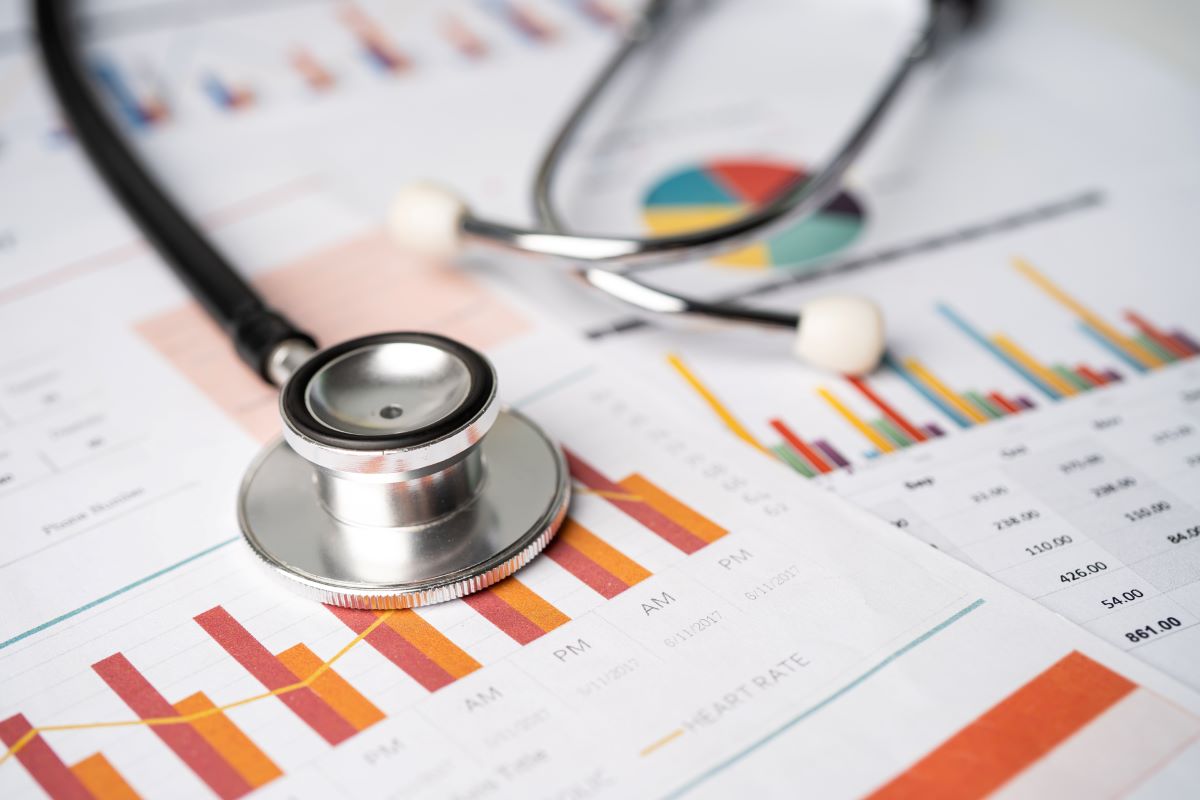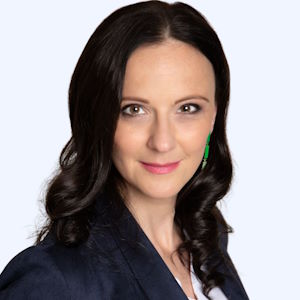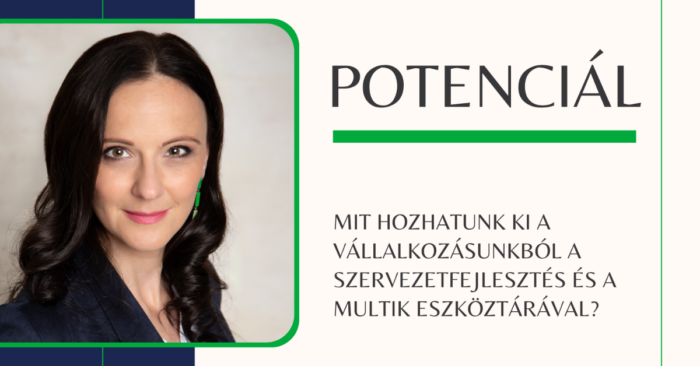Organizational development can seem like an abstract and distant concept, but it's also a very practical method. In this article, I want to gather some thoughts about organizational development diagnosis: what it is, why it is useful, and what can be achieved from it. Hopefully, this will make it more understandable and a viable development option.
To do any development work, we need to know the current situation. In some areas, this means tangible things and uniformly interpretable information and data, like reviewing costs. But when it comes to the soft elements of an organization's operation, it gets harder. This is partly because things like the lack of vision or disorganized processes are harder to quantify, and partly because everyone within the organization can have their own opinions and assessments of various issues.
This is where an organizational development expert comes in. As an external observer, they are less subject to biases and can more objectively assess the initial situation.
To start this assessment, the goals and focus areas need to be clarified with the client. Once these are set, we can consider what data we can work with and how to collect this data.
For example, if the task is to examine why turnover is high in an organization, we can use various data. We might have statistical data on who left, when they left, and from which salary bands. There might be standard exit interviews with a database that can be statistically analyzed. However, it's rare to draw good conclusions from these data alone. In such cases, interviews with structured or unstructured questions, organized individual meetings, or spontaneous conversations during time spent in the workplace can be useful. I prefer the latter because it is less stressful for colleagues and reveals more information compared to a formal meeting in a conference room. Group meetings or other data collection methods tailored to the situation can also be considered. It's important that data collection is always anonymous—the data matters, not the person.
Next comes processing and analyzing the collected data and presenting the results. Usually, a detailed written diagnosis is prepared and handed over to the client. This can be tough because it holds a mirror to the organization's operation, but as a leader, I found it very exciting to read through an external perspective on what colleagues really think about our operation. There were always positive and pleasant things, but also negative and unpleasant ones, and I always found development ideas.
When an organizational developer appears, it’s already an intervention because we admit something is not right and we want to change it. The diagnosis is a milestone that allows leaders to see organizational problems from a new perspective and decide whether to put the report in a drawer and forget it, or find useful insights and start making changes alone or with their leadership team. The diagnosis usually contains suggestions for further steps and necessary interventions, which can also be considered.
A well-prepared diagnosis can serve as the foundation for a multi-year development plan, which can be implemented independently or with external experts to achieve the desired goals.
Written like this, it might seem dry or obvious, but I can't fully convey the anticipation and curiosity the diagnosis reading brings or the eureka moments when complex dilemmas suddenly become clear and understandable, turning into actionable tasks based on new information. Reading a diagnosis is tough and requires openness, but it’s a goldmine if we are committed to growth and development.
As a leader, I find organizational diagnosis incredibly useful, and as an organizational development expert, it’s an exciting task worth investing time and energy in.






